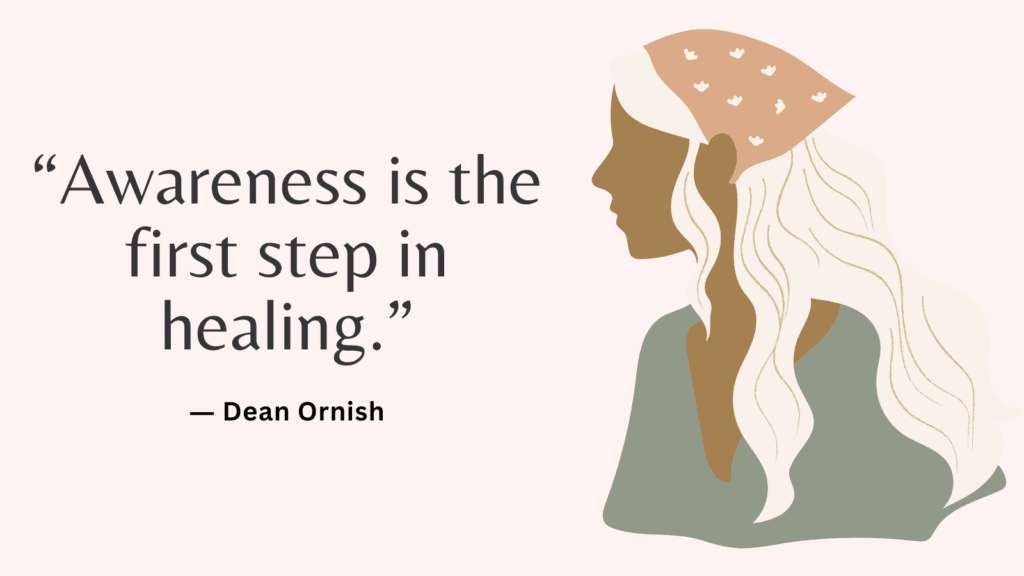This post contains Is My Boss Abusive Quiz.
Is My Boss Abusive Quiz
The following questions represent common signs of abusive behavior your employer may display:
Results
#1. Do they struggle to control their temper and often yell or threaten others?
#2. Do they often disregard your limits (e.g. coerce you into working longer, make unreasonable demands in terms of workloads or deadlines)?
#3. Do they struggle with accepting personal responsibility or recognizing their own mistakes and instead get defensive or shift the blame onto others?
#4. Do they often use gaslighting to lie, downplay, or distort a particular situation, leaving you feeling confused?
#5. Do they struggle with control issues where your every move is being watched and your every decision is being scrutinized, creating a climate of fear or tension?
#6. Do they play favorites or pit employees against one another?
#7. Do they often give vague or unhelpful directions and expect you to read their mind?
#8. Do they often take credit for other people’s ideas or work?
#9. Do they often belittle or shame employees publicly or use sarcasm to justify their bullying?
#10. Do they sexually harass employees or offer something in return for sexual favor?
We will not sell your information. All results are kept confidential.
This quiz is for informational purposes only. It is not meant as a diagnostic or assessment tool.
Results
The questions above represent common signs of an abusive boss. If you answered yes to most of these questions, then your boos might be abusive.
Related: Healing From Emotional Abuse In 12 Practical Steps

What Constitutes Abusive Behavior From a Boss?
Here are some examples of behaviors that may be considered abusive in the workplace:
1. Verbal abuse
This includes insulting, belittling, or constantly criticizing an employee.
It can involve derogatory language, yelling, or personal attacks.
2. Bullying
Persistent acts of intimidation, humiliation, or undermining an employee’s work or authority can be considered bullying.
This can be done openly or covertly, such as spreading rumors or isolating the person from others.
3. Threats or intimidation
When a boss uses threats of physical harm, termination, or other forms of punishment to control or manipulate an employee, it is considered abusive behavior.
4. Excessive workload or unrealistic expectations
Consistently assigning excessive workloads, setting unreasonable deadlines, or consistently expecting perfection without providing proper support can be considered abusive behavior.
Related: Best Support Groups For Emotional Abuse (Online & In Person)
5. Discrimination or harassment
Treating an employee unfairly or differently based on their gender, race, religion, age, sexual orientation, or any other protected characteristic can constitute abusive behavior.
This includes unwanted advances, offensive jokes or comments, or creating a hostile work environment.
6. Withholding information or opportunities
Purposefully withholding information vital to an employee’s work, limiting their access to resources, or denying them opportunities for growth and advancement can be considered abusive behavior.
It is important to note that this list is not exhaustive, and each case should be evaluated individually.
If you believe you are experiencing any form of abusive behavior from your boss, it is advisable to seek support from human resources (if available), document specific incidents, and consider discussing the situation with a trusted colleague or seeking guidance from a professional counselor or employment lawyer.
Related: Best 10 Emotional Abuse Books







